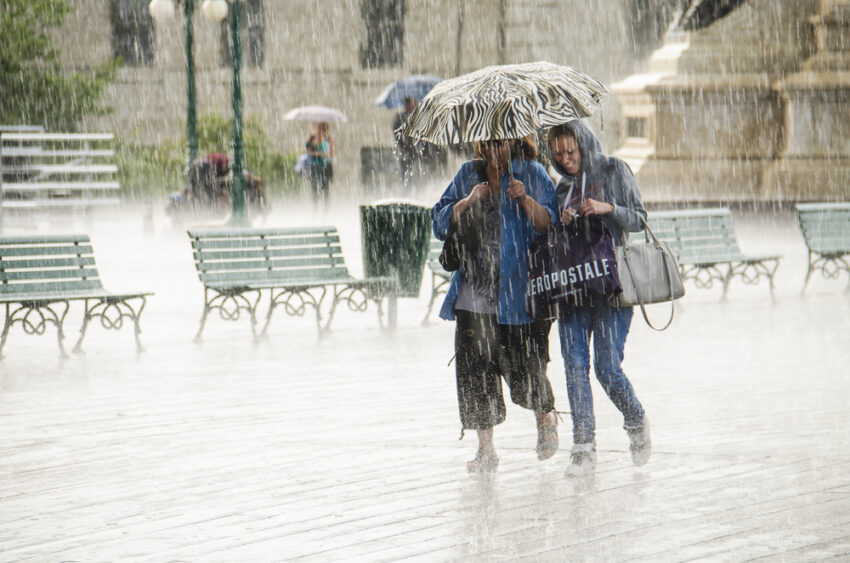Wet weather drives UK retailers to slash prices in September
UK retailers slash prices as wet weather dampens consumer spending in September, pushing shop prices into their sharpest decline in three years. Food inflation edges higher despite falling non-food prices. Read more: Wet weather drives UK retailers to slash prices in September


UK retailers have reported the steepest fall in shop prices in three years as unseasonably wet weather in September pushed stores to offer significant discounts in a bid to attract shoppers.
According to the latest figures from the British Retail Consortium (BRC) and NielsenIQ, shop prices dropped by 0.6% year-on-year, compared to a 0.3% fall in August. This marks the sharpest decline since August 2021.
Helen Dickinson, chief executive of the BRC, said: “September was a good month for bargain hunters as big discounts and fierce competition pushed shop prices further into deflation. Non-food categories, particularly furniture and clothing, saw the largest drops as retailers sought to lure back hesitant shoppers.”
However, Dickinson cautioned that while easing price inflation is welcome news for consumers, geopolitical uncertainties, climate change, and government-imposed costs could reverse this trend in the future.
Non-food prices fell by 2.1% year-on-year, a more significant drop than the 1.5% seen in August, and the lowest rate since March 2021. On the other hand, food inflation rose slightly to 2.3%, driven by poor harvests in key producing regions, which pushed up prices for cooking oils and sugary goods.
Mike Watkins, head of retailer and business insight at NielsenIQ, noted that the deflation in non-food prices would help shoppers manage their household budgets for the remainder of the year. However, he stressed that retailers would still need to entice customers with attractive promotions in the lead-up to the festive season.
Official data revealed that retail sales volumes increased by 2.5% in August, surpassing expectations and marking the strongest growth since July 2022. The Office for National Statistics attributed this rise to higher spending on food, clothing, footwear, and household goods, buoyed by warm weather and end-of-season sales.
Ahead of the October 30 budget, Dickinson called on Chancellor Rachel Reeves to address the “disproportionate tax burden” faced by brick-and-mortar retailers compared to their online counterparts. She urged the introduction of a 20% retail rates corrector to level the playing field, helping physical retailers continue offering competitive prices, safeguard jobs, and stimulate investment.
Read more:
Wet weather drives UK retailers to slash prices in September





















